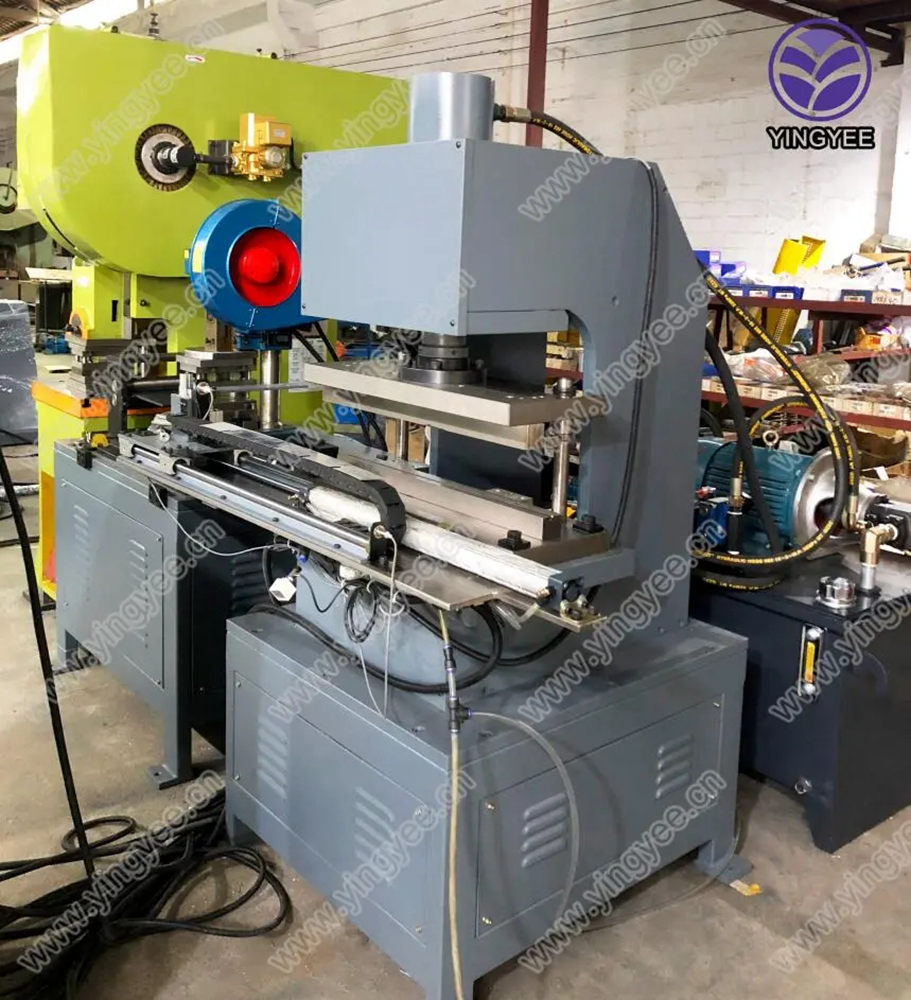
The Role of Sheet Metal Forming Machines in Modern Manufacturing
In the fast-paced world of manufacturing, the need for precision and efficiency is paramount. Sheet metal forming has emerged as a crucial process in achieving high-quality products across various industries, from automotive to aerospace and beyond. At the heart of this process are sheet metal forming machines, which play a vital role in shaping metal sheets into desired forms while maintaining structural integrity and dimensional accuracy.
Understanding Sheet Metal Forming
Sheet metal forming involves the deformation of metal sheets into complex shapes using various techniques. These processes can include bending, punching, stamping, and deep drawing, among others. The versatility of sheet metal allows it to be used in countless applications, from simple enclosures to intricate components that require high precision.
The efficiency of sheet metal forming is significantly enhanced by the use of specialized machines. These machines are designed to handle large volumes of material with minimal waste, making them essential for mass production. Whether it’s a manual press or a fully automated hydraulic machine, the technology used in sheet metal forming has seen significant advancements, improving productivity and reducing lead times.
Types of Sheet Metal Forming Machines
There are several types of machines utilized in sheet metal forming, each suited for different applications and production scales.
1. Mechanical Presses These machines use a mechanical drive to deliver force to the metal sheet. Mechanical presses are known for their speed and are commonly used for high-volume production runs. They can efficiently perform operations such as stamping and die cutting.
2. Hydraulic Presses Unlike mechanical presses, hydraulic machines utilize hydraulic fluid to generate force. This allows for smoother operation and the capability to form thicker materials. Hydraulic presses are particularly useful for deep drawing applications, where the material needs to be stretched into shape.

3. CNC Machines Computer Numerical Control (CNC) machines represent a significant leap in technology, offering precision and repeatability in sheet metal forming. With CNC technology, manufacturers can produce complex designs that would be difficult to achieve through traditional methods. These machines can automate various processes, including laser cutting, punching, and welding.
4. Laser Cutting Machines These advanced machines use a high-powered laser to cut metal sheets with exceptional accuracy. Laser cutting is ideal for intricate patterns and designs, making it a popular choice in industries where detail is essential.
Benefits of Sheet Metal Forming Machines
The adoption of sheet metal forming machines brings several advantages to manufacturers. One of the main benefits is the ability to achieve high levels of precision and consistency, which is crucial for product quality. In industries where safety and reliability are paramount, standards must be met consistently, and precision machinery plays a critical role.
Additionally, sheet metal forming machines can greatly enhance production speed. Automated systems can operate continuously with minimal downtime, leading to increased efficiency and lower labor costs. This is particularly significant for industries that operate on tight schedules and need to deliver products quickly.
Moreover, advancements in technology have led to improved material utilization. Modern machines can optimize cutting patterns and reduce scrap, contributing to cost savings and more sustainable manufacturing practices. As companies strive to minimize their environmental impact, the efficiency of sheet metal forming machines becomes increasingly important.
Challenges and Future Trends
Despite the numerous advantages, the sheet metal forming industry faces challenges, such as fluctuating material costs and the need for skilled operators to manage complex machinery. However, ongoing advancements in technology may address some of these challenges. Innovations in automation and machine learning could lead to more intuitive systems that are easier to operate and require less manual intervention.
In conclusion, sheet metal forming machines are indispensable in modern manufacturing. As industries continue to evolve and demand higher quality products at lower costs, the role of these machines is likely to expand. By embracing new technologies and improving operational efficiency, manufacturers can meet the challenges of the future while maintaining their competitive edge in the global market. Ultimately, the continued development of sheet metal forming machines will play a crucial role in shaping the future of the manufacturing landscape.